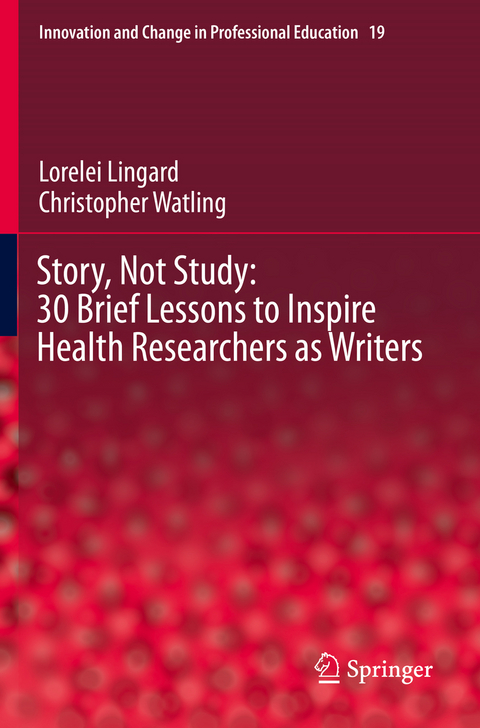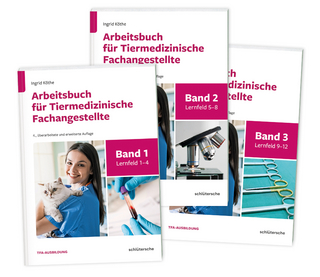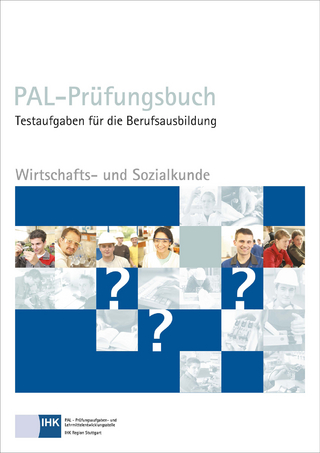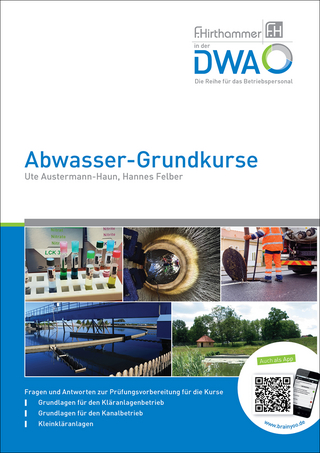
Story, Not Study: 30 Brief Lessons to Inspire Health Researchers as Writers
Springer International Publishing (Verlag)
978-3-030-71365-2 (ISBN)
Many researchers dread writing. They find it laborious - even painful - to put their scholarly work into words. They get bogged down in the study, and lose track of the story. And they produce uninspiring papers that fail to resonate with readers or reviewers. This book offers an antidote to this problem: brief, accessible lessons that guide researchers to write clear and compelling scientific manuscripts.
The book is divided into three sections - Story, Craft, and Community. The Story section offers advice on getting the balance of study and story just right, introducing strategies for tackling each section of a scientific manuscript. The Craft section considers the grammatical and rhetorical tools of the trade, showing how they can be wielded for maximum impact. And the Community section offers suggestions for writing collaboratively, supporting other writers, and navigating peer review.Each section features multiple short and pragmatic lessons, peppered with illustrative examples. Readers can use the chapters collectively to build holistic writing skills, or dip in and out to refine specific elements of the craft. Rooted in a coaching philosophy, we aim to unlock our readers' potential as writers through instruction, reflection, and example.
And we hope to inspire researchers to face writing with joy.
This work is clearly written and easily understandable. Its many practical examples, tools, and exercises make an effective toolbox of support for scholarly writers. This will be invaluable to new scholars and help established scholars as well. The inclusion of examples specific to the health arena and the clear, elegantly simple explanations add strength and relevance to this work.
Toni Ungaretti, Johns Hopkins School of Education, Baltimore, MD, USA
This book is the most original perspective I have ever read about the craft of writing. As its title suggests, it is inspiring.
Brownie Anderson, NBME, Philadelphia, PA, USA
lt;p>Lorelei Lingard is an internationally recognized researcher whose PhD in Rhetoric has made her finely attuned to the importance of language in healthcare and in health research. For 25 years, she has studied the communication practices of clinical teams in order to support evidence-based educational initiatives to improve teamwork. Her work has advanced our understanding of how language influences novice socialization, clinical supervision, team collaboration, collective competence, and patient safety. An expert qualitative methodologist, Lorelei has used approaches such as constructivist grounded theory, ethnography, case study, and discourse analysis to explore the practices of healthcare teams in a variety of clinical domains. Lorelei is a prolific scholar. She has secured more than 6 million dollars in grant funding over the course of her career and has published >250 peer-reviewed scholarly works. In 2014, she was awarded the prestigious appointment of Fellow of the Canadian Academy of Health Sciences, in recognition of the impact of her work on Canadian healthcare. In 2017, she received the Meridith Marks Mentorship prize in recognition of exemplary mentorship in the Canadian medical education community. In 2018, Lorelei was awarded the highest international honor in her scientific field, the Karolinska Institutet Prize for Research in Medical Education.
Chris Watling is a neurologist and an accomplished medical education researcher and leader. He is the Director of the Centre for Education Research and Innovation at Western University's Schulich School of Medicine and Dentistry in London, Canada. Prior to taking on this role, he was Western's Associate Dean for Postgraduate Medical Education for nearly a decade, overseeing residency and fellowship traini^100 scholarly works, including empiric research, primers on methodology, perspective pieces, and commentaries.1. Introduction.- SECTION I: THE STORY.- 3. Mapping the Gap- 4. Citation Technique.- 5. Methods: Where Story Meets Study.- 6. Effective Use of Quotes in Qualitative Research.- 7. Writing a Discussion that Realizes its Potential.- 8. The Art of Limitations.- 9. Bonfire Red Titles.- 10. Making Every Word Count: Keys to a Strong Research Abstract.- SECTION II: THE CRAFT.- 11. Mastering the Sentence.- 12. Enlisting the Power of the Verb.- 13. The Power of Parallel Structure.- 14. Get Control of Your Commas.- 15. Avoiding Prepositional Pile-Up.- 16. Avoiding Clutter: Using Adjectives and Adverbs Wisely.- 17. From Semi-Conscious to Strategic Paragraphing.- 18. Coherence: Keeping the Reader on Track.- 19. The Three "S"s of Editing: Story, Structure, and Style.- 20. Pace, Pause & Silence: Creating Emphasis & Suspense in Your Writing.- 21. The Academic Hedge, Part I: Modal Tuning in Your Research Writing.- 22. The Academic Hedge II: Getting Politeness Right in Your Research Writing.- 23. From Silent to Audible Voice: Adjusting Register, Stance & Engagement in Your Writing.- SECTION III: THE COMMUNITY.- 24. Collaborative Writing: Strategies and Activities.- 25. Collaborative Writing: Roles, Authorship & Ethics.- 26. Giving Feedback on Others' Writing.- 27. Coaching Writing I: Being Thoughtful About the Process.- 28. Coaching Writing II: Relationship and Identity.- 29. Cultivating a Writing Community.- 30. Navigating the Peer Review Process Successfully.- Epilogue.
| Erscheinungsdatum | 30.04.2022 |
|---|---|
| Reihe/Serie | Innovation and Change in Professional Education |
| Zusatzinfo | XIX, 224 p. 14 illus. |
| Verlagsort | Cham |
| Sprache | englisch |
| Maße | 155 x 235 mm |
| Gewicht | 385 g |
| Themenwelt | Sozialwissenschaften ► Pädagogik ► Berufspädagogik |
| Sozialwissenschaften ► Pädagogik ► Erwachsenenbildung | |
| Schlagworte | academic writing tips • avoiding common science writing mistakes • how to tell a scientific story • how to write a scientific manuscript • how to write science • improving your scientific writing • keys to academic writing • scientific writing for publication • scientific writing tips and tricks • writing a good scientific paper • writing as a scientist • writing strategies for health researchers |
| ISBN-10 | 3-030-71365-2 / 3030713652 |
| ISBN-13 | 978-3-030-71365-2 / 9783030713652 |
| Zustand | Neuware |
| Informationen gemäß Produktsicherheitsverordnung (GPSR) | |
| Haben Sie eine Frage zum Produkt? |
aus dem Bereich


